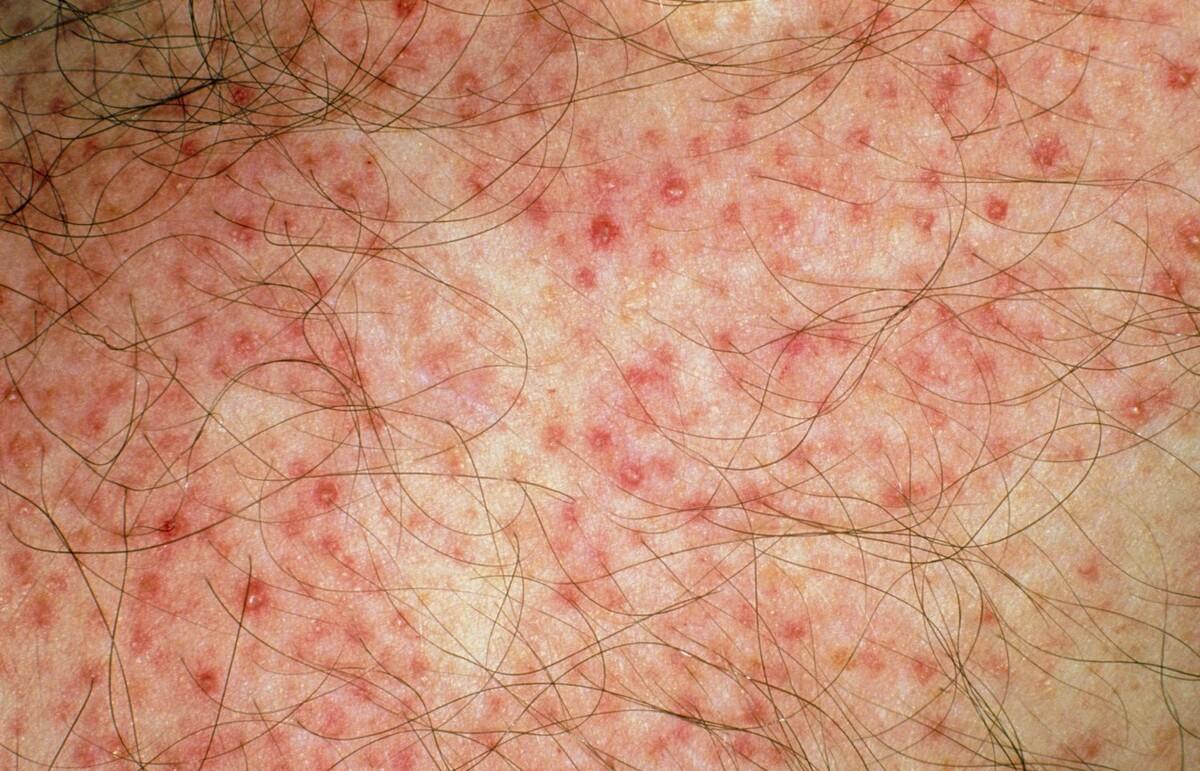1. Can folliculitis heal itself?
Folliculitis is generally difficult to heal itself, but it is impossible to say whether it can heal itself, because the degree of illness is different for each person, and some people with mild symptoms are likely to heal themselves. It is recommended that you should actively deal with it and carry out anti-inflammatory treatment, otherwise it will become more serious in the later stage, and it will be more difficult to treat, and in severe cases, such as hair follicle necrosis, surgery is required. You should seek medical attention in a timely manner and follow the advice of your doctor.

2. How is folliculitis caused?
The pathogens that cause folliculitis are mainly Staphylococcus aureus, and occasionally Staphylococcus epidermidis, Streptococcus, Pseudomonas monosporidium and E. colioids. Damage caused by hair pulling, rubbing, scratching, skin maceration, local sealing and bandaging, the use of corticosteroids, and low body resistance are the causes of folliculitis. The disease tends to occur on the head, neck, buttocks, perianal or other parts of the body, and has a tendency to recur, often occurs in many places, is stubborn in nature, and is difficult to heal. Folliculitis is more common in adults. Occupational exposure to mineral oil, asphalt, coal tar, treatment of foreign corticosteroid ointments, tar ointments, and wound encapsulation treatment can cause folliculitis. Low resistance, taking immunosuppressants or diabetic patients are prone to the disease.
3. How to prevent folliculitis?
Prevention of folliculitis is mainly to prevent the invasion of bacteria or fungi into the hair follicles.
First, we should pay attention to maintaining hygiene, bathing frequently, changing clothes frequently, and towels, sheets, and covers should often be ironed and dried to avoid breeding bacteria.
Second, protect the skin, enhance the local protective effect of the skin, avoid scratching, dry skin, and usually pay attention to applying skin cream.
Third, enhance their own resistance, eat a balanced diet, exercise regularly, and work and rest regularly.
Fourth, usually pay attention to eating less spicy and greasy foods and eating more fruits and vegetables. The prevention of folliculitis is multifaceted, once you have folliculitis, you can apply antibacterial drugs in time for treatment to avoid spread.
4. How is folliculitis cured?
First of all, folliculitis is incurable, if you want to treat folliculitis, you should first clarify where it occurs, what its cause is, and then carry out targeted treatment. Some patients have chronic diseases, such as diabetes, whose resistance is poor and prone to secondary bacterial infections that trigger folliculitis, a condition that can be treated with anti-infection. The other is that having certain autoimmune diseases is also prone to folliculitis, which can be treated by improving autoimmunity.